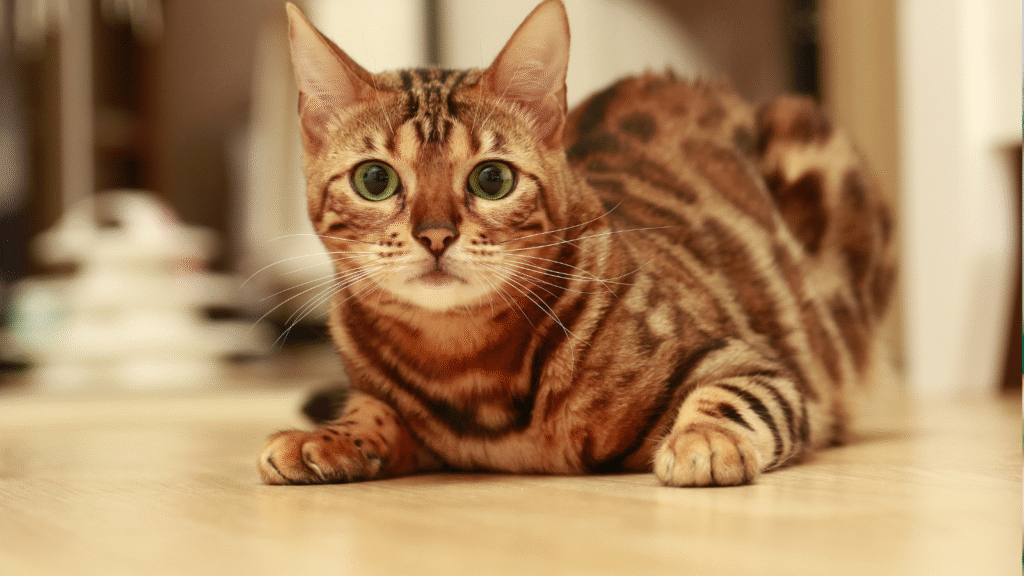Receiving a diabetes diagnosis for your cat can be surprising, but it’s not uncommon for feline diabetes to be diagnosed in adult and senior cats. The veterinary staff at Heritage Animal Clinic knows that with a little education and a lot of love, caring for a diabetic cat can become a manageable part of your daily routine. For National Pet Diabetes Month, we are providing practical, compassionate guidance to help your feline companion with diabetes.
What Happens When a Cat Has Diabetes?
In diabetic cats, the body either doesn’t produce enough insulin or doesn’t use it properly. Insulin regulates blood sugar (glucose), which fuels the body. Without insulin, glucose builds up in the bloodstream, leading to a host of complications. Many diabetic cats respond well to the right treatment.
Cats are subtle creatures, and symptoms of diabetes can develop slowly. These symptoms may include:
- Increased thirst and frequent urination
- Noticeable weight loss despite eating normally or more
- Reduced energy or sleeping more than usual
- Weakness in the back legs (rare)
If you’ve noticed any of these signs, bring your cat into the vet for a diabetes screening. Do these symptoms mean your feline definitely has diabetes? Not necessarily, but even if they aren’t diagnosed as diabetic, these are symptoms that usually indicate a medical issue.
What Diabetic Cats Need
Caring for a diabetic cat involves a few consistent routines.
Insulin Injections: Most cats require twice-daily insulin. A veterinarian will train you on how to give insulin injections until you’re completely confident. In some cases, the vet may opt for a different oral medication instead of insulin.
Meal Management: Cats with diabetes benefit from consistent mealtimes and a specific diet. Make sure to stick to any veterinary recommendations.
Exercise: One of the biggest risk factors for cats becoming diabetic is being overweight. In order to lose or maintain a healthy weight, your pet will need a safe exercise routine.
Monitoring Blood Glucose: Depending on your cat’s health and needs, the vet will discuss periodic glucose checks at home or in the clinic.
Routine Vet Visits: Follow-up wellness appointments monitor progress and are a time to adjust your pet’s diabetes care as needed.
Can My Cat Go Into Diabetes Remission?
For most cats, diabetes will be a lifelong condition. It is possible for some cats to go into diabetes remission if treated early. This means their body starts to regulate blood sugar without insulin. However, remission isn’t guaranteed, and cats in remission still need careful monitoring.
A veterinarian will let you know what to expect if your feline companion receives a diabetes diagnosis. Talk to them as your resource for feline diabetes management and hands-on training for insulin or medication administration.
Diagnosis for Cats with Diabetes in Madison, AL
With daily care and veterinary support, your cat can live a comfortable life despite diabetes. Heritage Animal Clinic diagnoses felines with diabetes in Madison, serving cats from Huntsville, Athens, Madison, and nearby Alabama communities. Think your cat may have diabetes? Schedule a diabetes consultation at Heritage Animal Clinic.



